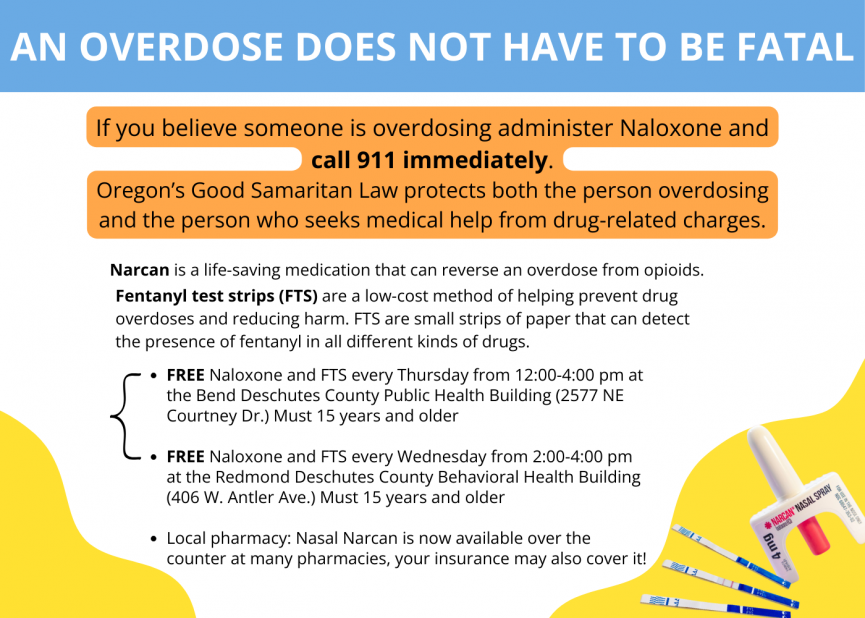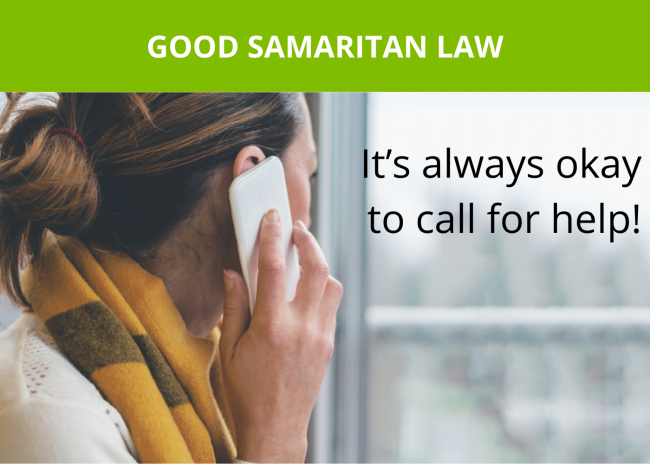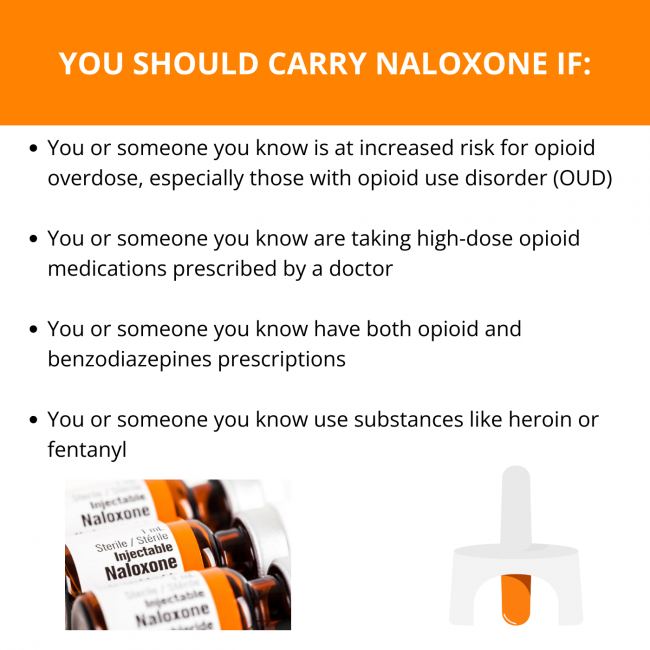Opioid Overdose Prevention and Response

THE PROBLEM
When properly used, prescription painkillers (also called opioids) can be effective tools for managing discomfort and assisting with healing. However, when not used correctly, they can be very dangerous, even fatal.
Oregon, like the rest of the country, is seeing an increase in opioid misuse, overdose, and fatalities. While progress has been made in reducing misuse and overdoses linked to prescription opioids, there has been a significant rise in fentanyl-related overdoses, as well as non-opioid drugs like methamphetamine, often combined with opioids. Almost half of opioid-related deaths in Oregon involve multiple drugs and/or alcohol.
Fentanyl is a type of high potency prescription painkiller/opioid that carries a high risk of overdose and fatality. It can be manufactured illegally, and it is difficult to determine the dose of street-based fentanyl, which increases overdose risk.
The good news is there are things we can do as individuals, families, and as a community to prevent and respond to overdoses, to save lives.
WARNING SIGNS OF AN OVERDOSE
Recognizing and responding to an overdose can save a life. Here are some things to look for:
- Small, constricted "pinpoint pupils"
- Falling asleep or losing consciousness
- Slow, weak breathing, or not breathing
- Choking or gurgling sounds
- Limp body
- Cold and/or clammy skin
- Discolored skin (especially in lips and nails)
ABOUT THE ANTIDOTE: NALOXONE/NARCAN
Naloxone (Narcan) is a life-saving medication that can reverse an overdose from opioids — including heroin, fentanyl, and prescription opioid medications — when given in time. Naloxone is easy to use and small to carry. There are two forms of naloxone that anyone can use without medical training or authorization: prefilled nasal spray and injectable. According to the Oregon Health Authority, when bystanders are trained to administer naloxone for opioid overdoses, survival rates increase to 83% or more.
WHERE TO GET NALOXONE/NARCAN

OREGON'S GOOD SAMARITAN LAW
Oregon’s Good Samaritan Law protects anyone – witnesses and victims – seeking medical assistance in drug related overdoses.
If someone is overdosing and you call for medical help, you cannot be arrested or prosecuted for:
- Possessing drugs or drug paraphernalia
- Being in a place where drugs are used
- Violating probation or parole because of drug use or possession
- Outstanding warrant because of drug use or possession
- Administering the overdose reversal medication

The best way to prevent an opioid overdose is to not use substances that you get from someone other than a doctor or pharmacist and to use prescribed medications carefully. Each of us can make a difference by following these six steps:
- Only use medications prescribed by your doctor and follow their instructions
- Never share prescription medication
- Store medications at home in safe locations
- Get rid of unused medications at a drug disposal location near you
- Learn about reversing an overdose with Narcan/Naloxone
- If you are using substances not from a provider
- Use fentanyl test strips - can be acquired from the Harm Reduction Program
- Do not use alone
Learn more about safe use, storage and disposal of medications
RECOVERY RESOURCES
Recovery Network of Oregon is a mobile app and a web directory of support services, providers, peers, and meetings designed to assist people with their recovery from drugs and alcohol. Find the resources you need or talk to a peer for help.
DCHS Harm Reduction Program offers free education, safer use supplies, and overdose prevention supplies to community members aged 18 and up. They also offer a Harm Reduction Works meeting weekly which is a harm reduction based alternative to abstinence only self-help/mutual aid groups. This group is for anyone curious about harm reduction and how it works, regardless of current or historical substance use. Thursdays 10-11 am at the Taylor Center 358 NE Marshall Ave, Bend OR 97701
WHAT DCHS IS DOING & HOW TO GET INVOLVED
Deschutes County Health Services is actively working to prevent and respond to overdoses. Learn more about these efforts and how to get involved:
In 2025, Deschutes County Health Services completed a Substance Services Needs Assessment Report and an Environmental Scan of Substance Related Services which can be found here:
Deschutes Needs Assessment Report
Scan of Substance Related Services
Deschutes County Harm Reduction Program – This program offers evidence-based strategies to address potential harms related to substance use, including tools for overdose prevention and response, safer use, and community resources.
Measure 110 funding and a Behavioral Health Resource Network grant have enabled Deschutes County to partner with a number of treatment and response agencies, host community meetings and support groups, and coordinate with Jefferson and Crook Counties on surveillance and evidence-based response strategies to save lives.
The Overdose Review Board monitors overdose data to identify trends and patterns which allow DCHS to both respond to overdose changes and be proactive about overdose prevention.
The Shared Future Coalition – working to prevent underage substance misuse through community by empowering youth to reduce substance misuse through inclusive and equitable engagement, community education, and policy.
FOR MORE INFORMATION
- Visit the Deschutes County Harm Reduction Program Page
- Visit TakeMedsSeriouslyOregon.org
